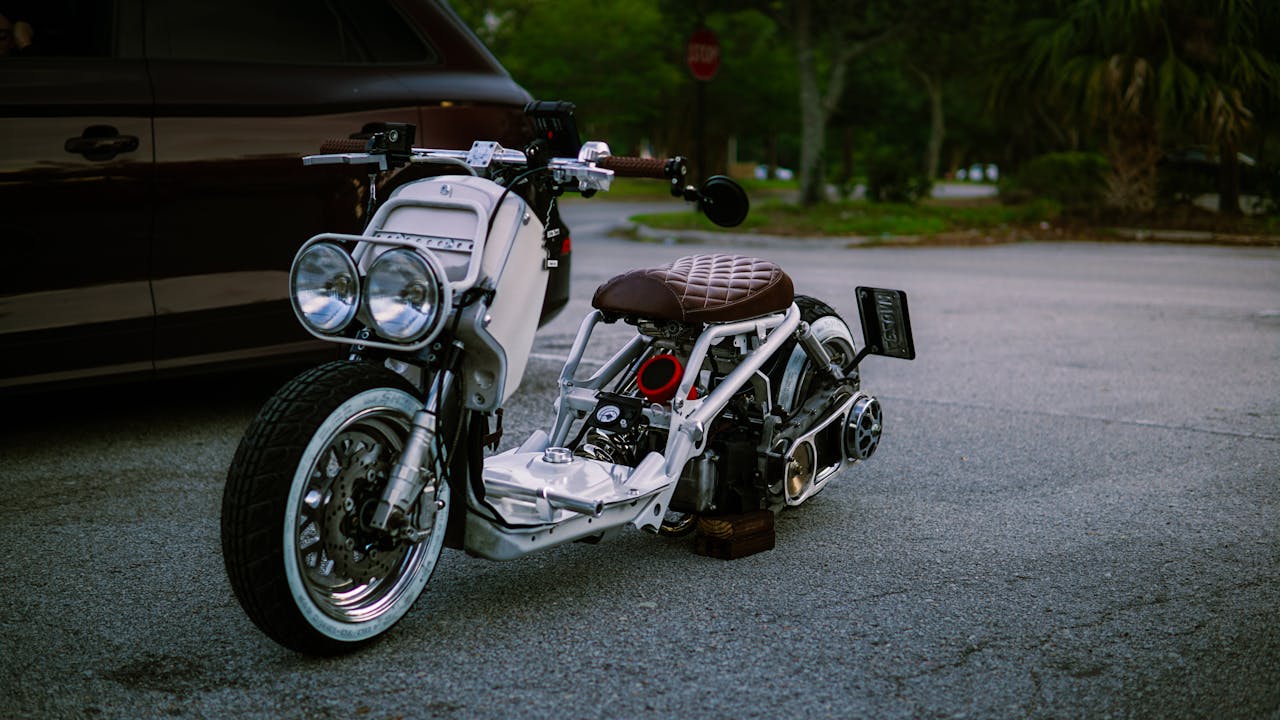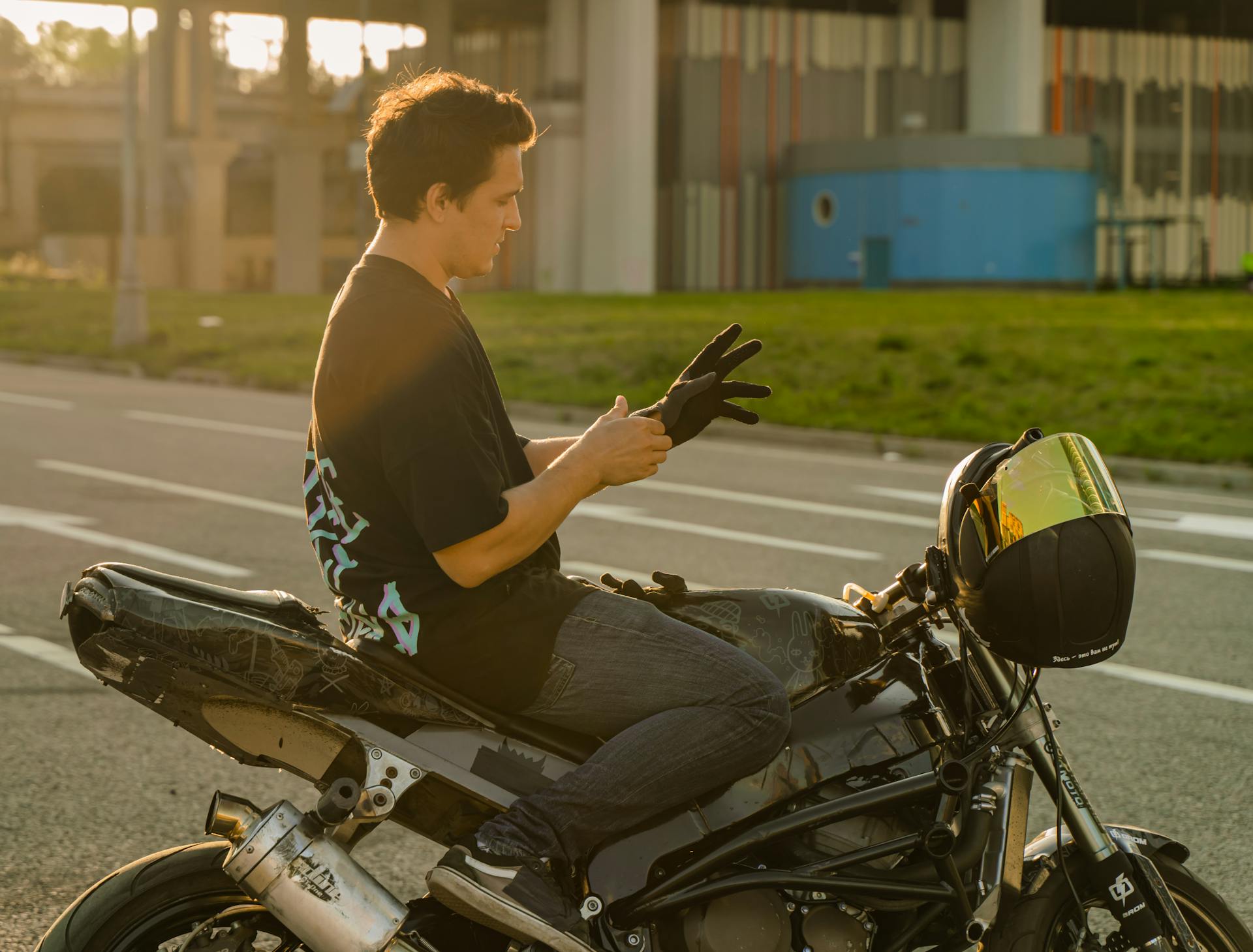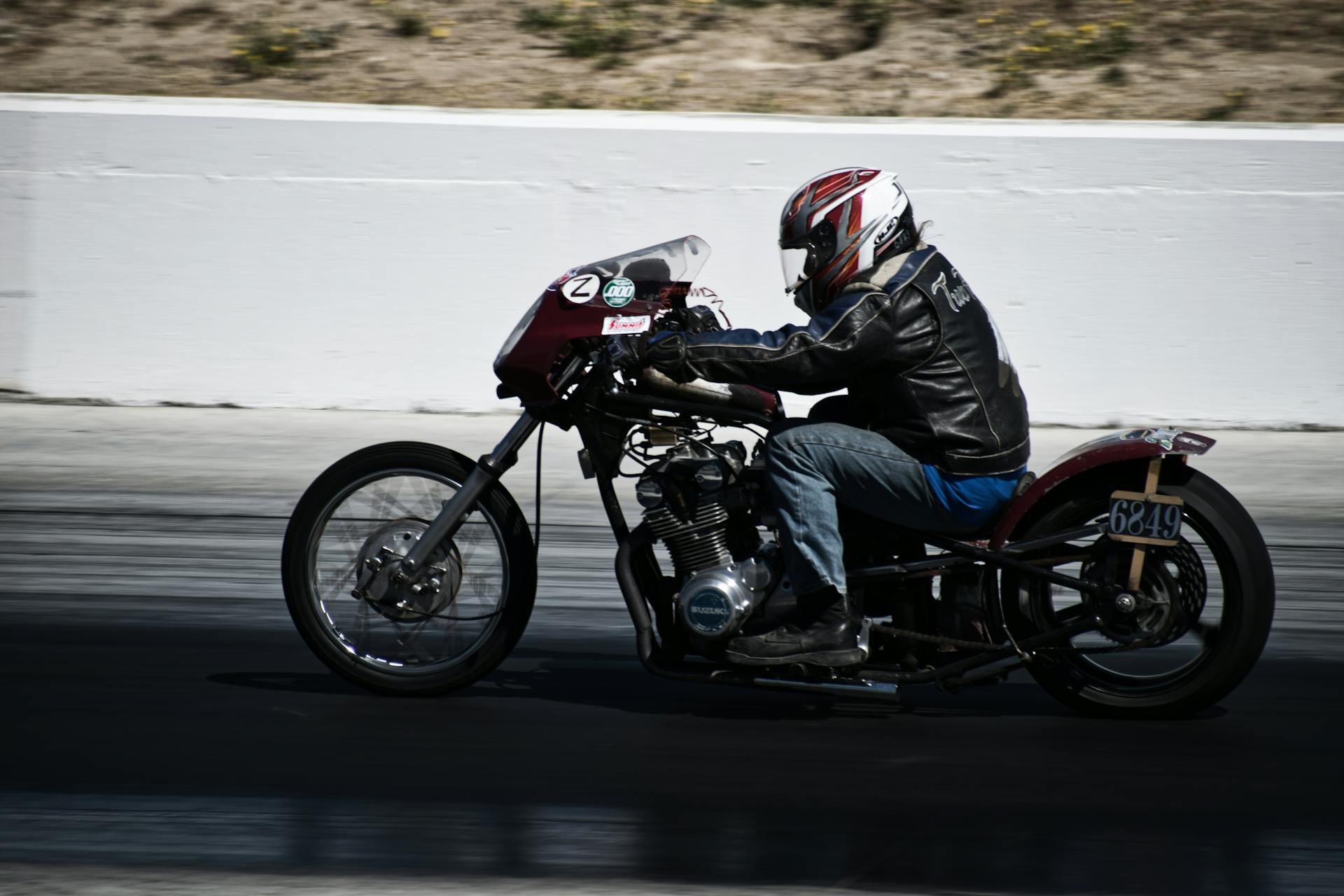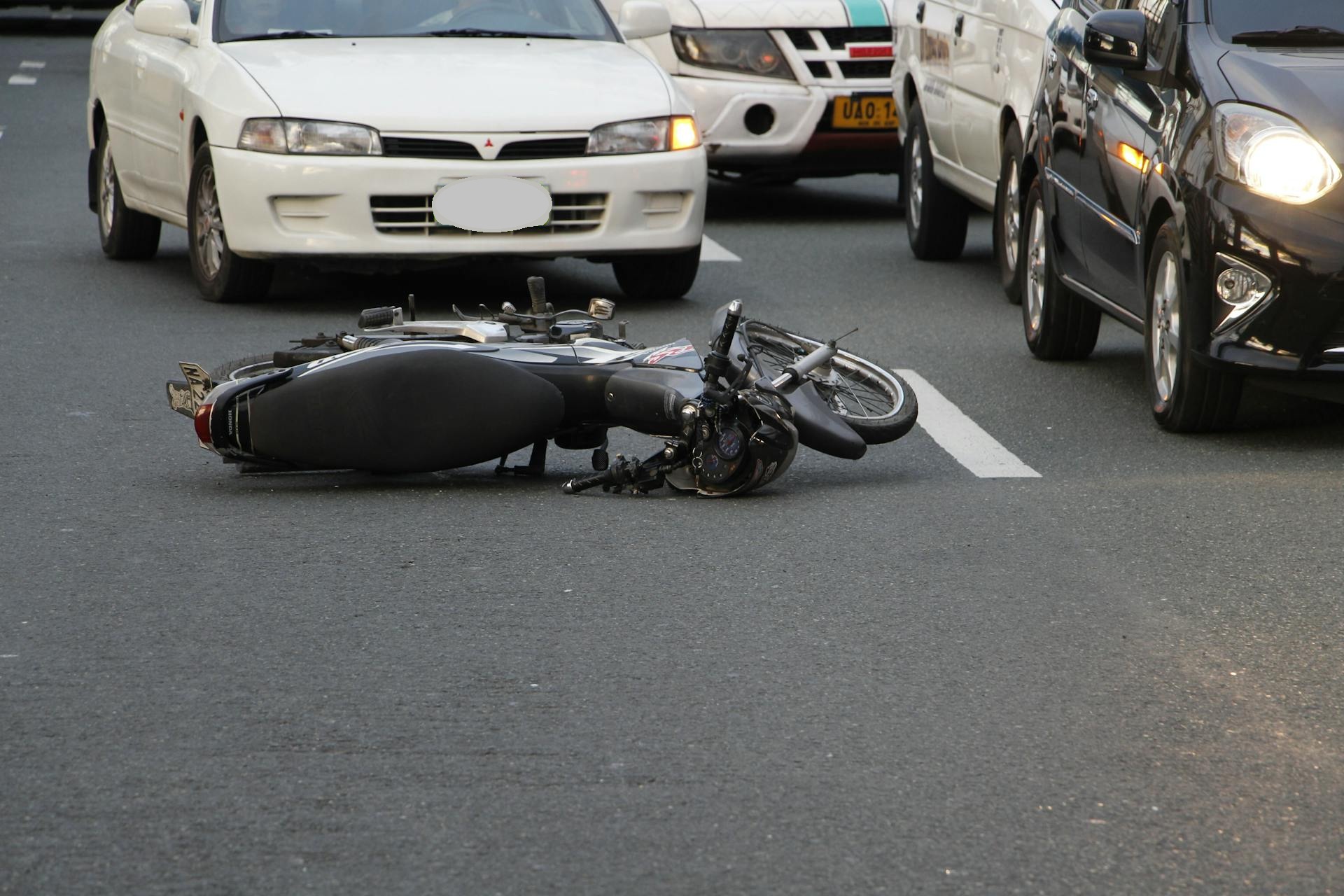Motorcycle Crash Injuries Take Time to Heal
When you ride your motorcycle, you’re exposed. You have little protection between you and the rest of the world, and that’s exactly why you love it. The wind in your face, the unobstructed views, and the feeling of freedom. Whipping down the highways around Dallas, Texas is exhilarating and freeing. However, not all motorists are watching out for you. If you happen to wreck, you’re going to have injuries that can run the gamut from minor to severe. Let’s dive in as the Car Crash Captain explains how long it will take for common motorcycle crash injuries to heal.
Different Injuries Require Different Timelines
From road rash to traumatic brain injury and everything in between. Let’s look at some of the common injuries, and how long they’ll take to heal. This isn’t just a “best guess” scenario either, this is backed by medicine and biology because you can’t rush healing.
Soft Tissue Damage and Road Rash
Scrapes abrasions, and lacerations are going to happen to just about any exposed skin. Minor abrasions should heal up in about a week or two. Moderate road rash that gets through the first couple layers of skin can take a few weeks to a month or more. Severe road rash, that is, something which rips through the skin and gets down to the muscle or even the bone, can start to look better in a month or two, but you’ll deal with issues for a full year at least as scars mature and muscles rehabilitate.
Just because the visible damage looks better, the injury is not healed.
Broken Bones and Fractures
The impact can snap and crack bones. We all know that broken bones take casts and at least a few weeks to heal. But there’s more to it than that.
Simple fractures should take about six weeks to three months to heal up. The body is quite good at repairing bones. However, complex breaks (the kinds that happen in a severe wreck) can take multiple surgeries and hardware to repair the bones the right way. These usually take a minimum of three to six months to heal, and often much longer to regain strength and full functioning.
Even when the bone has healed, rehab and functional recovery can last for years after the injury looks better.
Head Injuries
Wearing your helmet is the number one way to prevent traumatic brain injury. However, these things can still happen.
Mild TBI, such as concussions, can feel better in two to four weeks. Many of them have symptoms dissipate after around three months. Full recovery, though, can take up to a year.
Moderate and severe TBI require much longer healing times. Several months would be a fast paced healing, while most people who suffer from severe TBI will require years of rehabilitation, and often will never fully recover.
Traumatic Brain Injuries are highly individualized. Some people recover much faster than others, and some can recover from what looks like a permanent injury. The bottom line is, however, that this “invisible” injury is one that’s highly overlooked by insurance companies. Even when it’s acknowledged, it’s common for them to downplay just how severe it really is.
Why These Healing Timelines Matter in Your Injury Claim
The problem with filing an insurance claim is that humans tend to look at pain level, visual damage, and loss of functioning. If your injury looks like it has healed, and your pain is largely gone, you’re good to go, right? Not so fast. Being healed isn’t enough. Instead, we have to take into account imaging, doctor notes, therapy progress, and functional limitations over time. If the bandages are off, but you can’t live life how you once did, shouldn’t you be compensated?
Furthermore, symptoms can be delayed or change over time. This is especially true with brain injuries. At the time of impact, you might feel okay. But if your head is filling with fluids, that could take a while for symptoms to show up, and then if not acted upon right away, furthering damage can occur.
Rehabilitation time shouldn’t cost you anything. Physical therapy, occupational therapy, speech and cognitive rehab aren’t just things that are nice to have. They’re necessary parts of a full recovery, and must be accounted for in the claim.
What Won’t Hurt Your Claim after Motorcycle Crash Injuries
Being injured is scary. Healing is also scary. A lot of victims look at what happened, and how they’ve healed, and they’re worried about their claim because they seem to have healed up no problem. Here’s the truth though.
Myth – Minor pain means no serious injury.
Truth – Some injuries don’t physically hurt, but severely impact your quality of life.
Myth – If doctors clear me quickly, my claim is weak.
Truth – Just because you’ve “healed” quickly doesn’t mean rehabilitation won’t take much longer.
Myth – If I will fully recover, I don’t have a strong claim.
Truth – You can fully recover from many injuries; however, they still leave functional limitations, scarring, chronic pain (that comes up later in life), and emotional damage.
You Need Herbert Law Group to Maximize Your Compensation
You need someone that knows how long it takes, and what kind of recovery to expect. You need Herbert Law Group to help you fight for what you deserve. You shouldn’t wonder if the settlement will cover everything or if you’ll be stuck paying out of pocket.
Herbert Law Group, from our offices in Richardson, Texas, has helped a lot of motorcycle accident victims. We know about the common motorcycle crash injuries, what it takes to recover, and the costs associated with them. Armed with that knowledge, we will fight for you.
Let’s start with a free phone call where we learn what happened and figure out how we can help. Call our offices at 214-414-3808. Or, you can fill out our contact form and we’ll be in touch with you as soon as we can.









